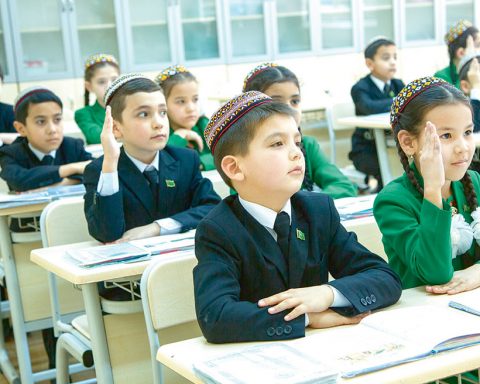Knowledge has always been a cornerstone of human progress. From the ancient philosophers who pondered the mysteries of existence to modern scientists who unravel the complexities of the universe, our understanding of the world has continually evolved. This journey of knowledge is not just about accumulating facts but also about developing the ability to think critically and adapt to new information.
In ancient times, knowledge was often passed down through oral traditions and written texts. Philosophers like Socrates and Aristotle laid the groundwork for critical thinking and inquiry, emphasizing the importance of questioning and seeking truth. Their contributions have shaped the foundation of Western thought and continue to influence modern education systems. The Renaissance period further propelled this quest for knowledge, with figures like Leonardo da Vinci and Galileo Galilei pushing the boundaries of science and art.
Today, the digital age has transformed how we access and share knowledge. The internet has made information more accessible than ever before, allowing people from all corners of the globe to learn and collaborate. However, this abundance of information also presents challenges. The ability to discern credible sources and think critically about the information we consume is more important than ever. Educational systems are increasingly focusing on teaching these skills, preparing students to navigate a complex and rapidly changing world.
As we look to the future, the role of knowledge in society will continue to evolve. Advances in technology, such as artificial intelligence and machine learning, are opening new frontiers in our understanding of the world. These tools have the potential to revolutionize fields ranging from medicine to environmental science, offering solutions to some of the most pressing challenges of our time. Yet, the fundamental principles of critical thinking and inquiry remain as relevant as ever, guiding us in our quest for knowledge and understanding.
Myrat YAGMYRADOV
Teacher at the Pedagogical School name after Aman Kekilow








